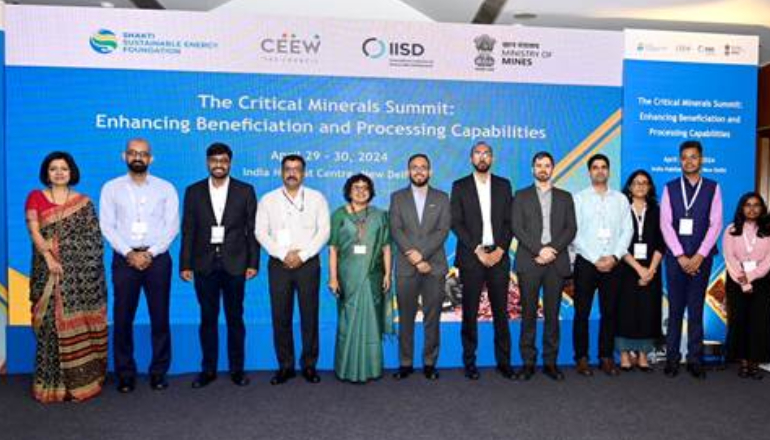A panel discussion highlighted the importance of policy push, regulatory certainty, financing frameworks, and ESG standards to attract investors.
The cluster-based strategy was emphasized for promoting synergies in the extraction, refining, and end-use of minerals, particularly in low-carbon technologies.
Panelists highlighted the facilitation services provided by organizations like Invest India and the Industrial Promotion and Investment Corporation of Odisha ( IPICOL). These organizations aid in establishing processing and beneficiation capabilities in India.
Invest India introduced the Critical Mineral Processing opportunity in India, outlining the country’s fiscal and non-fiscal incentives. Mining states like Odisha and Andhra Pradesh spoke about incentives offered to the sector. They highlighted the country’s growth trajectory and state-level initiatives to support infrastructure.
Dr. Veena Kumari Dermal, Joint Secretary, Ministry of Mines, highlighted the summit’s key takeaways and future directions. She emphasized domestic and international efforts in securing the critical mineral supply chain. She discussed India’s processing technologies for these minerals and referred to amendments to offshore mining regulations.
The ‘Critical Minerals Summit: Enhancing Beneficiation and Processing Capabilities‘ summit concluded with discussions on strategic cooperation and policy insights to advance India’s agenda for critical minerals.
The summit aimed to provide government and industry stakeholders with the necessary knowledge, connections, and tools to expedite India’s domestic production of critical minerals.

